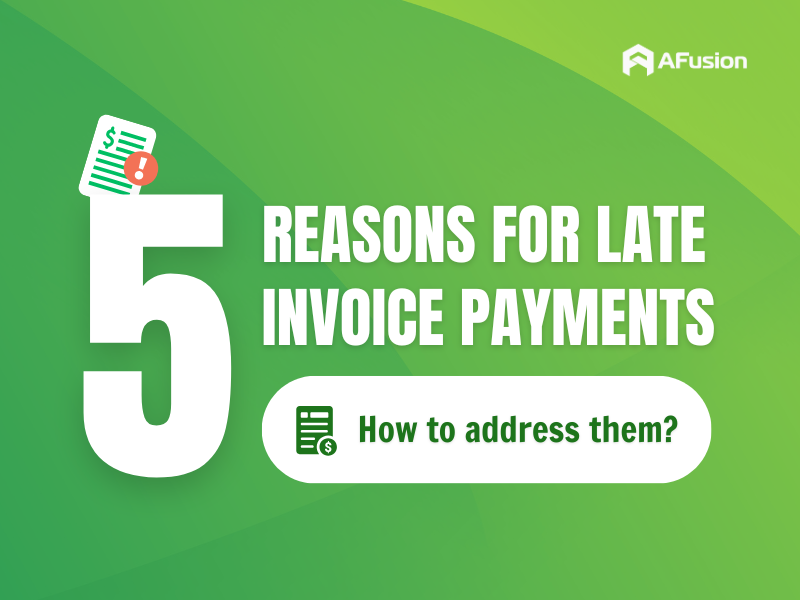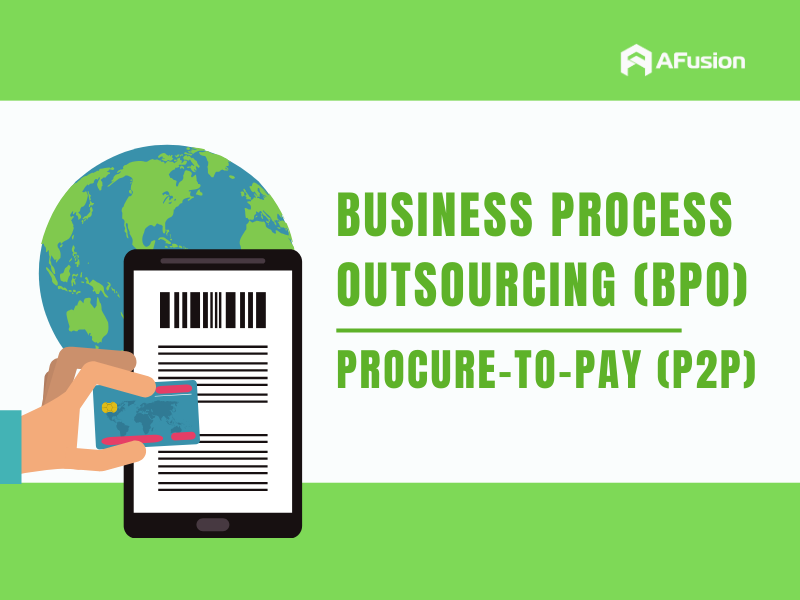Resources > Blog > 21> How accountants can leverage AI as a lever in Accounts Payable
How accountants can leverage AI as a lever in Accounts Payable
The rise of Artificial Intelligence (AI) has brought significant changes to various industries, including accounting. AI is transforming the way financial professionals manage accounts payable (AP), making processes more efficient and reducing human error. According to Brett Sussman “Companies report that their [accounts payable (AP)] departments spend about 50% of their time gathering invoices and making payments to vendors,” indicating a major inefficiency in the AP process that can be improved through automation. So, how can accountants leverage AI to streamline AP operations and increase efficiency?
CHALLENGES IN ACCOUNTS PAYABLE WORK
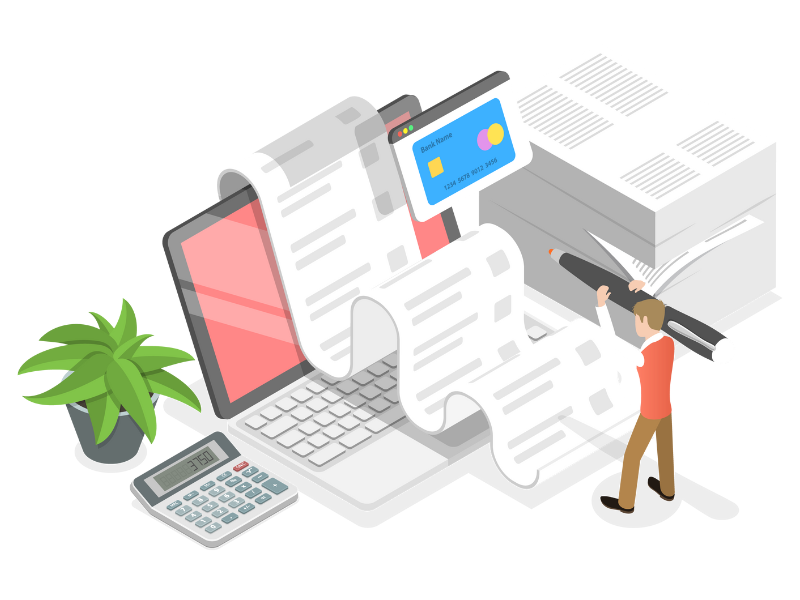
Repetitive tasks and inefficiency
Accounts payable (AP) involves many repetitive tasks, leading to inefficiency and time waste. One of the major challenges accountants face is the manual creation and updating of documents in systems such as ERP, CRM, or spreadsheets. The process of updating documents manually takes a lot of time, extends processing time, and increases the likelihood of errors as the volume of transactions increases. To reduce effort and optimize the AP process, we can leverage AI to ease the burden on accounting staff.
In fact, the typical office worker spends a significant portion of their time entering data into business applications and spends most of their working hours creating or updating documents. According to a study, 82% of finance departments report feeling overwhelmed with the large volume of invoices they must process daily and the variety of formats they receive. These manual tasks often lead to errors and slow processing times. To reduce time and errors, we can leverage AI in AP to help automate these steps.
Data copying is another very common repetitive task in accounting processes, leading to wasted time with no added value. A study indicates that on average, each employee performs 134 copy-paste actions per day, and employees make an average of 845 keyboard errors daily con số này lên đến gần một triệu hành động, là một sự lãng phí đáng kể trong năng suất.
The repetitive tasks every day make accounting staff feel demotivated, causing fatigue and preventing them from achieving 100% productivity at all times for every task. This can be completely eliminated if we can leverage AI in the accounts payable process.
Due to this inefficiency, companies face high labor costs. For example, the cost of hiring an AP accountant in the U.S. is $43,595 per year or $20.96 per hour, and this cost could be better spent on higher-skilled positions or technology investments rather than paying for tedious, repetitive manual tasks. If these repetitive tasks were automated, employees could focus on high-value activities such as financial strategy development.
Time-consuming tasks
Time wasted on non-value-adding tasks is a significant drain on resources. A 2023 Modern Treasury study shows that 64% of decision-makers agree that their finance teams spend a lot of time on payment activities. Similarly, time spent on information searches, which is also costly, could be fully automated.
The question posed to leaders is whether, by reducing repetitive tasks, businesses can invest in more strategic and important roles. According to Accenture, 80% of financial processes can be automated, eliminating up to 75% of the time employees spend on administrative tasks. Therefore, businesses can leverage AI to help accountants focus on managing and controlling transactions more effectively.
Manual work leading to fatigue and data entry errors
Manual work can lead to fatigue and distractions. Researchers from the University of California found that it takes an average of 12 minutes to recover from a work distraction. If employees are repeatedly interrupted, the wasted time increases exponentially. Human errors can be minimized and precious time saved through the leverage of AI.
Furthermore, according to the Institute of Finance and Management (IOFM), manual invoice processing can result in error rates ranging from 8% to 12%. These errors incur additional costs for correction, diverting attention from other tasks.
Additionally, error correction is one of the major challenges for businesses and accountants. According to a study by PYMNT, some companies spend up to 17 hours per week just fixing payment data errors, a concerning figure.
LEVERAGE AI IN THE DAILY WORK OF ACCOUNTANTS
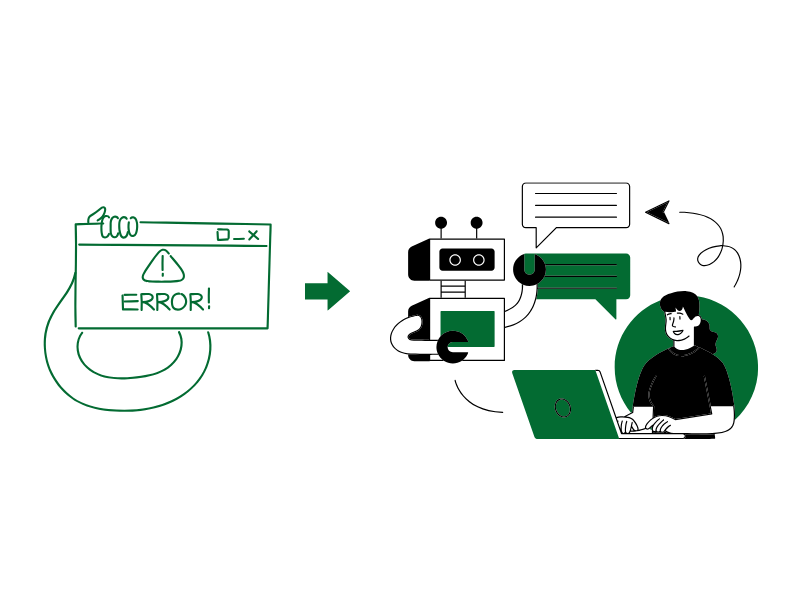
Automating repetitive tasks
Reducing data entry errors
Switching to an automated process can significantly reduce human data entry errors to 0%. AI tools will compare invoice details with existing system data, such as contracts or previous purchase orders, to detect anomalies, errors, or duplicates. Moreover, it can automatically trigger alerts when abnormalities are detected, ensuring the accuracy of payments and minimizing financial risks if we know how to leverage AI.
Focusing on strategic tasks
One of the most significant benefits of automating repetitive tasks is that it allows accountants to focus on more strategic work. Rather than spending time on manual processing, accountants can shift to roles that involve financial analysis, budgeting, and providing financial advice to the business.
This transformation not only enhances the role of accountants within organizations but also adds greater value to the business. Accountants can contribute to business growth by focusing on strategic decision-making, performance analysis, and advising on financial matters. By reducing the burden of manual reporting, they can become more effective and valuable financial consultants to their companies.
IMPLEMENTING RPA AT AFusion: Vistra
One of our clients – Vistra, has significantly improved their accounts payable (AP) processes by automating their workflows with RPA, with our help. This automation has made the invoice processing faster, reduced manual errors, and accelerated the payment approval process. The business will yield very beneficial results if it knows how to leverage AI effectively.
By automating their AP processes, Vistra has seen improvements in accuracy and efficiency, allowing their team to focus on higher-value tasks. Faster payments, improved cash flow management, and stronger supplier relationships are some of the benefits they have realized. This case study demonstrates that RPA can significantly enhance operational efficiency, reduce costs, and provide a competitive edge. With the ability to process more than 2000 invoices per month/1 robot, RPA Bot helps to significantly increase work productivity, reduce processing time, and free up employees for higher value-added work.
CONCLUSION
AI is quickly transforming the accounts payable function, increasing efficiency, reducing costs, and minimizing errors. By automating repetitive tasks, accountants can focus on strategic work that drives business growth. The potential of RPA in AP is immense, and businesses that adopt this technology will have a distinct advantage over competitors still relying on manual processes.
Implement RPA today with AFusion to turn your accounts payable process into a competitive advantage for your business.
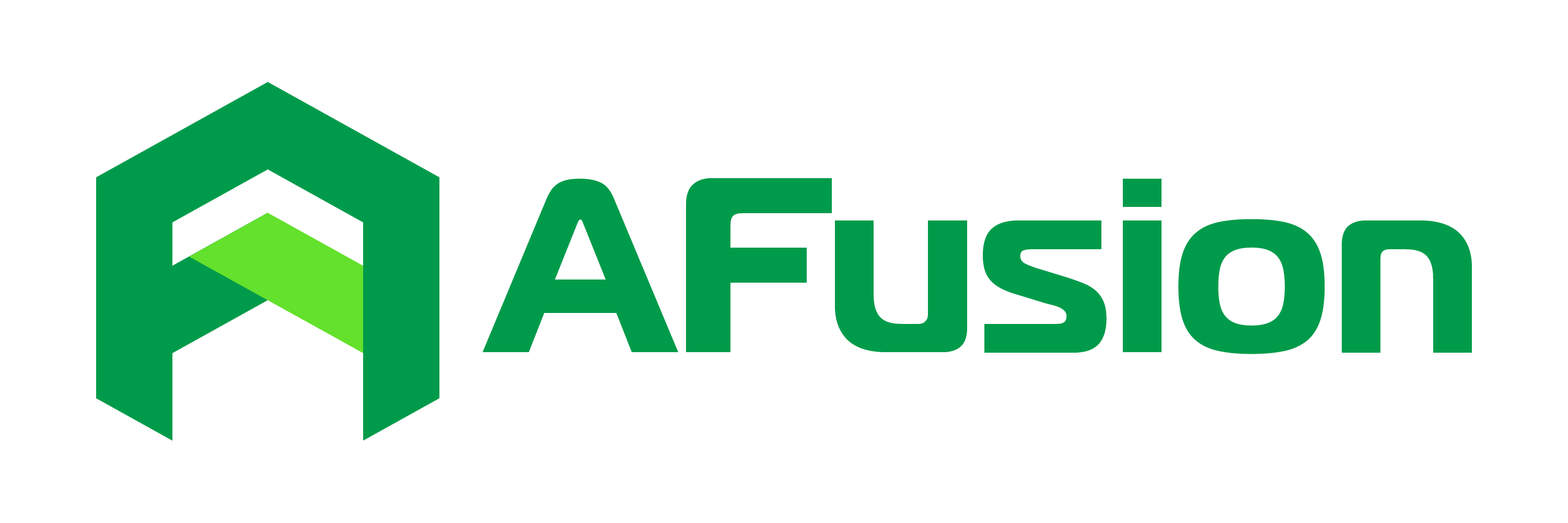


 Previous Post
Previous Post Next Post
Next Post
